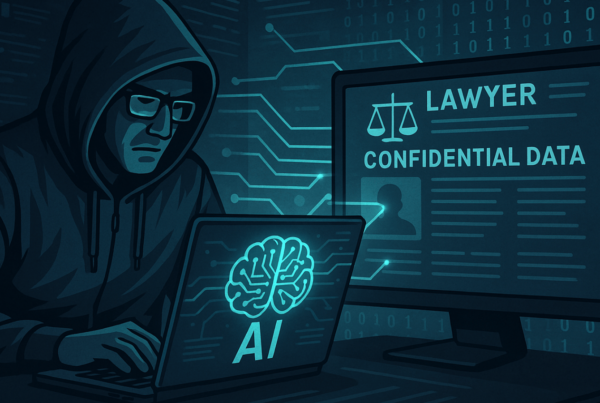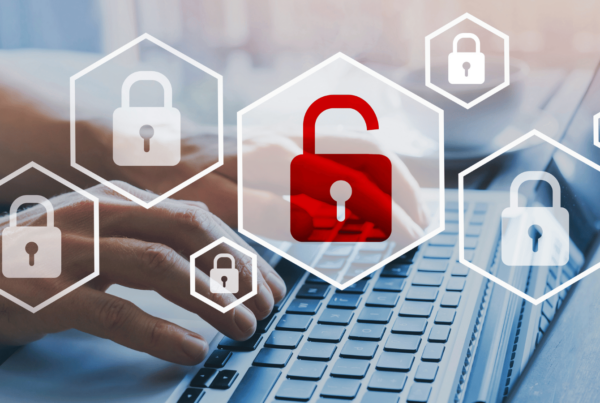Law firms hold sensitive information about clients and their legal matters, making them a prime target for cyber attacks. As technology continues to play a larger role in the practice of law, it’s essential for law firms to understand the importance of cyber security for lawyers and take steps to protect their clients’ information.
Cybersecurity for Law Firms: The Risks:
Cybercriminals are constantly looking for new ways to access sensitive information, and law firms are no exception. Common cyber threats include:
- Phishing Scams: Phishing scams are emails or messages that appear to be from a legitimate source but are actually from cyber criminals attempting to steal sensitive information. Law firms are particularly vulnerable to phishing scams because they often deal with sensitive financial information.
- Malware Attacks: Malware attacks are a type of cyber attack that involves installing malicious software on a computer or network. This software can steal sensitive information, damage files, or allow cybercriminals to gain control of the affected system.
- Data Breaches: Data breaches occur when cybercriminals gain unauthorized access to sensitive information. Law firms often store a large amount of confidential client information, making them a prime target for data breaches.
- Ransomware Attacks: Ransomware attacks are a type of cyber attack in which cyber criminals encrypt sensitive files and demand a ransom payment in exchange for the decryption key. Law firms may be particularly vulnerable to ransomware attacks because they often store large amounts of confidential client information that is critical to their operations.
- Insider Threats: Insider threats refer to cyber attacks that are carried out by current or former employees of the firm. Insider threats can be particularly dangerous because they have access to sensitive information and may be able to bypass security measures.
- Third-Party Risks: Law firms often rely on third-party providers for services such as cloud storage, email, and other technology services. These third-party providers can be vulnerable to cyber attacks, which can result in a breach of the law firm’s sensitive information.
Lawyers’ Cyber Security Best Practices:
To protect against cyber attacks, law firms should implement best practices in cyber security, including:
- Strong passwords: Require employees to use strong passwords and regularly change them. Data security begins with awareness training, and all those who work in the law firm need to be trained on good password practices to avoid security risks and giving access to sensitive data.
- Anti-virus software: Install and regularly update anti-virus software to protect against malware attacks.
- Firewalls: Implement firewalls to prevent unauthorized access to the firm’s network.
- Backups: Regularly back up important client data to ensure that it can be recovered in the event of a data breach.
- Employee training: Provide regular training to employees on cyber security best practices and how to recognize and respond to cyber threats.
- Incident Response Plan: Every law firm needs an incident response plan in case of a security breach. While risk assessment and training should help to prevent breaches, there are thousands of stories of one employee making one small mistake and giving access to sensitive information. A plan for handling it must be in place.
Federal and State Regulations:
Law firms must also comply with relevant regulations, such as the General Data Protection Regulation (GDPR) and the Health Insurance Portability and Accountability Act (HIPAA). These regulations outline the steps that must be taken to protect sensitive information and impose penalties for non-compliance.
Third-Party Providers:
Law firms should also consider the security practices of third-party providers, such as cloud storage providers or email providers. When selecting a provider, it is important to consider their security measures and ensure that they comply with relevant regulations.
Cybersecurity for Remote Lawyers
Cybersecurity is even more important for lawyers working remotely, and same goes for there staff. To learn more about this, read this post.
Bottom Line
Cyber security is a critical concern for law firms, and it is essential to take steps to protect sensitive client information.
Use technology to radically improve your law practice by focusing on the few core elements that have the biggest impact.






